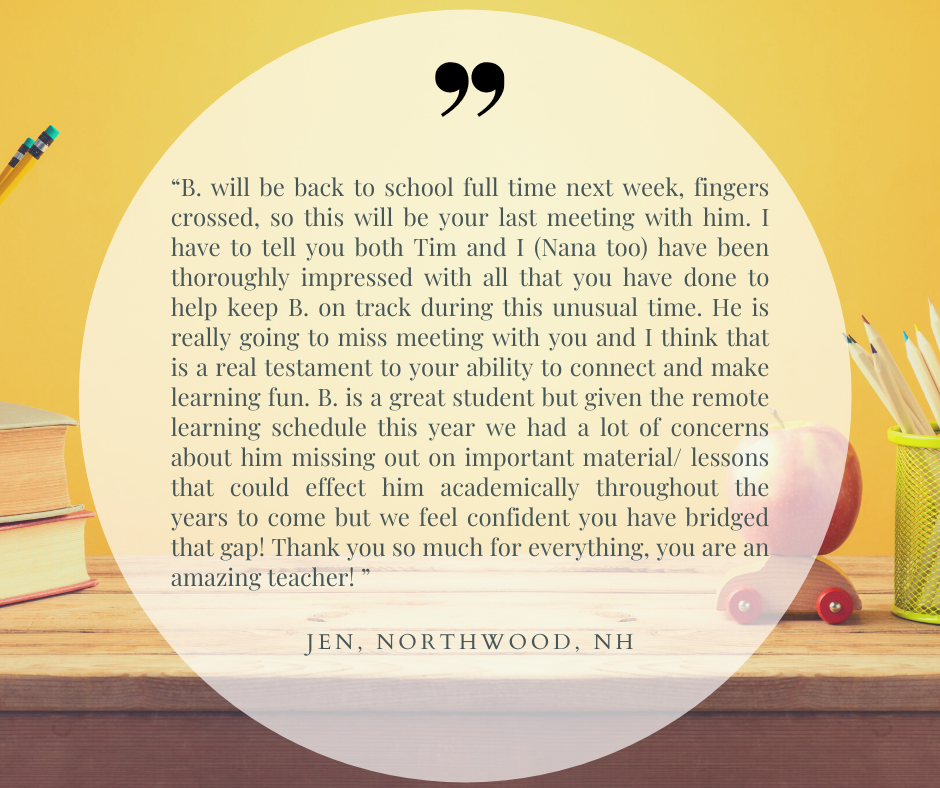Parenting an anxious teen is like being on a pirate-themed ride that swings like a pendulum. One moment, you feel deep compassion for your teen’s struggles with friends, classes, or self-image; the next, you want to tell them to just “get over it” and stop letting emotions control their life. You aim to be supportive and create an environment where your teen can express their emotions, but you also don’t want to enable them to avoid the work and social situations that will help them succeed long-term. The key lies in balancing these responses. Teens thrive when their feelings of anxiety are acknowledged and validated, but their decisions based on anxiety shouldn’t be encouraged. The goal is to help teens understand that while anxiety makes certain activities feel threatening, these feelings don’t equate to actual threats. They can still pursue their goals even when they feel anxious.
Research shows that rates of anxiety have been rising for some time. People born between 1997 and 2013 (Gen-Z) report significantly higher rates of anxiety and depression than either of the two generations before them (Anderson, 2025). The U.S. Surgeon General Vivek Murthy labeled mental health “the defining public health crisis of our time” (qtd in Libby, 2024). Some research attributes this rise in reported anxiety to actual stressors such as pressure put on young people to do well in school, news about global crises like war and climate change, and the impacts of social media. Certain genetic factors are linked to anxiety, which means some people can be biologically predisposed to be anxious
(Anderson, 2025) Other research points out that we live in a society that is more open about mental health than previous generations, so the rise in self-reporting may also be due in some part, to a generation more aware and more comfortable talking about their mental health (Anderson, 2025). Regardless of the reasons, it is clear that many teens currently feel anxious and believe their anxiety should be taken seriously.
The current edition of the Diagnostic and Statistical Manual of Mental Disorders (DSM-5) defines anxiety as “apprehensive expectation.” In other words anxiety is a fear that something bad will happen. But we all worry to some degree, and not all worry should be considered a disorder. Professionals categorize anxiety, broadly, in two forms: state and trait (Jouvent et al. 1999). State anxiety refers to the common worries that all people experience to some degree. Teens might worry if their grades are good enough to get into college, or if they will make friends at their new school. As parents, many of us worry regularly about future tuition bills, our relationship with our teens, or even if we are getting enough exercise. These feelings are not comfortable, but they ebb and flow and generally don’t get in the way of a person’s day to day activities.
Trait anxiety on the other hand is more pervasive and refers to people who tend to feel anxiety regularly and about a wide range of things. Some teens worry consistently about a diverse array of things from clothing choices, to friend interactions, to academic performance. Or some teens may exhibit what is called “domain anxiety.” This is consistent anxiety about one particular thing– for example math anxiety or test anxiety (Mccurdy et. al, 2023). Parenting a teen with pervasive worry can be challenging. While most parents understand that a teen worried about one major test needs support and encouragement, it becomes difficult to know how to help when a teen is anxious about everything all the time. If we provide a listening ear and sympathy are we helping or enabling their anxiety? If we push them to just do the activities that are causing them fear, are we helping them or traumatizing them? It is teens with trait or domain anxiety that may benefit from supports that help them learn to make goal directed choices even when they feel anxious.
Teens report feeling anxious about a wide range of issues, including academics, social interactions, the news, physical appearance, family, and friends (Libby, 2023). Research indicates that preoccupation with screens and busy schedules contributes to stress in teens, while a diminishing connection to extended family is linked to higher rates of anxiety and depression (Anderson, 2025). Although stress can be uncomfortable, it’s important to recognize that not all stress is harmful. In some cases, anxiety is associated with higher academic performance (Mccurdy et al., 2023). Stress can indicate a desire to excel in activities like job interviews, sports, tests, or other significant events, and the adrenaline produced by stress can enhance performance for some individuals.
Professionals generally do not consider anxiety a “disorder” unless it impedes daily activities. Many teens experience stress related to school and social situations, but their anxiety does not prevent them from achieving their goals—they still attend tests and engage with friends. In fact, their anxiety may motivate them to work harder. Conversely, an anxiety disorder diagnosis typically signifies that a person engages in avoidant behaviors due to their anxious feelings. A teen with an anxiety disorder may skip school to avoid a test or avoid social activities to escape their peers. These teens benefit from interventions that prioritize actions over feelings. Acknowledging an anxious person’s fears is beneficial, but rather than dwelling on those fears, teens benefit from goal-directed support, such as coaching, that helps them focus on productive actions.
How can parents support their anxious teen and keep them connected to meaningful social and academic activities? First, it’s important to distinguish between feelings and actions. If your teen openly discusses their anxiety, this can be a positive sign. Strong social support and open family communication can reduce and protect teens against the negative consequences of anxiety (Anderson, 2025). It’s these negative consequences, rather than the anxiety itself, that you need to watch out for.
When a teen expresses stress about friends or academics, it can be helpful to provide a space for them to talk. Allowing teens to vent their frustrations and discuss their fears is not inherently enabling. Listening to their anxiety doesn’t mean giving them an open invitation to act on those feelings. For example, if a teen says school is too stressful and they want to drop out, you don’t need to immediately argue against it. Instead, acknowledge their feelings—school is hard, and it’s natural to think about quitting when things get tough. While validating these emotions is important, you don’t want the conversation to end or dwell here. Teens who focus too much on how anxiety makes them feel reinforce vulnerability (Barry, 2024); you want to help them focus on empowerment. Once their difficulty is acknowledged, reinforce that you believe they are capable of handling these challenges. This approach helps teens focus on productive actions rather than their feelings. If a teen believes their goal is to “feel good,” they may avoid hard tasks. However, if their goal is to “do well in school” or “get into college,” they are more likely to tolerate the discomfort that comes with working towards these goals.
If teens start avoiding academic work, friends, or school altogether due to anxiety, stronger interventions may be necessary. It’s crucial to address school avoidance early, as a strong connection to school and academics can insulate teens from the consequences of anxiety (Raniti, 2022). While persistent worry can be difficult to change, an anxious teen can still choose to attend school and engage in social situations. A focus on goal-directed actions, rather than a decrease in anxiety, will keep them on track with their goals (Peterson, 2024). A type of cognitive behavior therapy called Acceptance Commitment Therapy (ACT) can be particularly useful for teens who need more intervention than parents and coaches can provide. ACT can teach teens techniques that help them create space between themselves and their worries with a technique called cognitive diffusion. This work can empower teens to make decisions based on goals rather than anxiety.
Rates of teen anxiety are on the rise, and the current mental health culture encourages teens to talk about their worries. This openness can help teens become more aware of their emotional landscape, which has its benefits. Researchers have shown that ignoring or suppressing feelings of anxiety tends to increase its negative consequences, as teens focus on hiding their anxiety rather than taking action toward their goals. While this openness should validate feelings, it should also help teens understand that their feelings do not
need to dictate their actions. This is where coaching can be beneficial. A parent or trained academic coach can help a teen connect with their goals and commit to specific actions. Goal-directed coaching can teach teens to take small, regular steps toward their academic, athletic, or social goals, empowering them to manage their anxiety and achieve success.
References
Anderson, T. L., Valiauga, R., Tallo, C., Hong, C. B., Manoranjithan, S., Domingo, C., Paudel, M., Untaroiu, A., Barr, S., & Goldhaber, K. (2025). Contributing Factors to the Rise in Adolescent Anxiety and Associated Mental Health Disorders: A Narrative Review of Current Literature. Journal of Child and Adolescent Psychiatric Nursing, 38(1), e70009-n/a. https://doi.org/10.1111/jcap.70009
Barry, E. (2024, May 6). Are we talking too much about mental health? The New York Times.
https://www.nytimes.com/2024/05/06/health/mental-health-schools.html
DSM-5. https://psychiatryonline.org/doi/book/10.1176/appi.books.9780890425787
Jouvent, R., Bungener, C., Morand, P., Millet, V., Lancrenon, S., & Ferreri, M. (1999). Distinction trait/état et anxiété an médecine générale. Etude descriptive [Distinction between anxiety state/trait in general practice: a descriptive study]. L'Encephale, 25(1), 44–49.
Stanford, Libby (2023, Oct 6). Students are Missing School Because They are Too Anxious to Show up.
https://www.edweek.org/leadership/students-are-missing-school-because-theyre-too-anxious-to-show-up/2023/10?s_
Petersen, J. M., & Pimentel, S. S. (2024). Acceptance and commitment therapy for adolescent anxiety. Current Treatment Options in Psychiatry, 11(3), 366–372.
https://doi.org/10.1007/s40501-024-00335-8
Raniti, M., Rakesh, D., Patton, G. C., et al. (2022). The role of school connectedness in the prevention of youth depression and anxiety: A systematic review with youth consultation. BMC Public Health, 22(1), 2152.
https://doi.org/10.1186/s12889-022-14364-6
New England Tutors
Allison Neal
80 Ham Road | Barrington, NH | 03825
(603) 953-5025
allison@netutors.com











